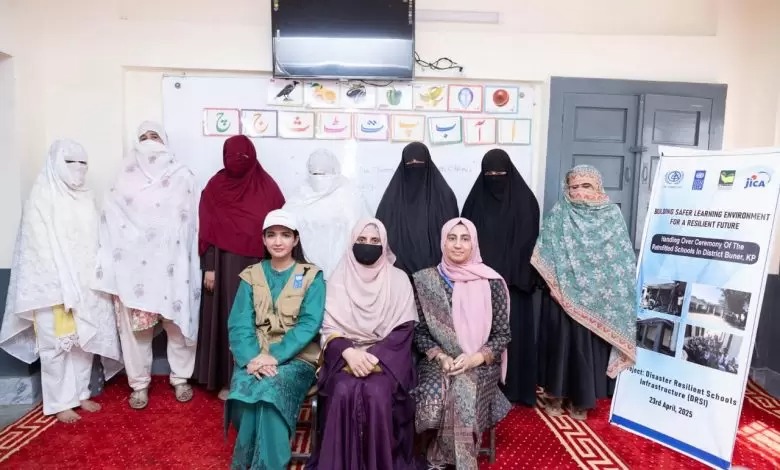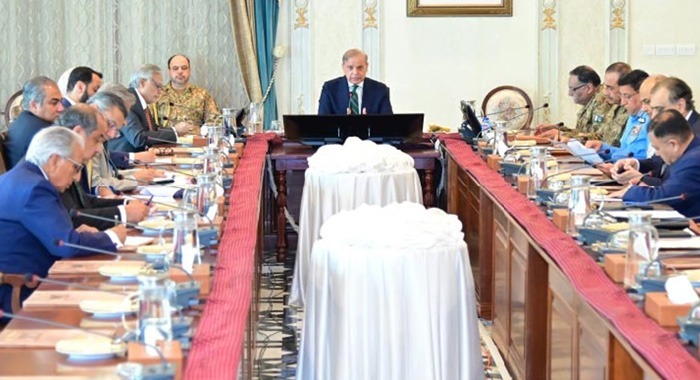Mohazzab Abdullah
Foreword
The story of Pakistan’s former Federally Administered Tribal Areas (FATA) is one of incredible beauty and incredible loss. At its peak in 2015, UNDP Pakistan estimated that over two million people had been displaced from FATA – over 70% of them women and children.[1] With further conflict and uncertainty on the horizon for the former FATA because of the Taliban victory in Afghanistan,[2] it is worth listening to the people who have been the main characters in the tragic tale of our northwestern borderlands. Often ignored or misrepresented as anti-state, separatist, or even as terrorists, the people from FATA we spoke to were just like us. They fear terrorists and want the state to protect them; they wish for strong government institutions; they want education, healthcare, and equal rights for women.
This series of essays is based on interviews conducted by ordinary Pakistani students with individuals within their own communities who have been displaced from FATA. Rather than a work of journalism or the academy, this series is intended to capture a fellowship of concern and a sharing of experiences among children of the same soil – separated though we may be by borders, political and physical.
As citizens, we should be cognizant of the experiences and histories of those whose lives have intertwined with ours. Some of our interviewees attend the same universities our interviewers hope to apply to; some live in our neighborhoods; some, we interact with on a daily basis over business or for transportation. Without our deliberate efforts, we would never have known the journeys they have taken, often through bullet and mortar, to sit next to us today. This series of essays is an invitation for you, dear reader, to learn more about those people of our country whose stories are seldom told.
Also Read: Khyber: Anti-FATA Merger Rally Demands Restoration of Tribal Autonomy
In this project, academic leadership was provided by a graduate student and a Ph.D. candidate at the University of Amsterdam and the London School of Economics, respectively. Both trained in Anthropology with extensive fieldwork experience, we provided a group of three high school students with basic ethical and practical training for the purpose of these interviews. However, aside from providing guidance as needed and minor editorial work, these students needed no further support to seek out enthusiastic interviewees, build relationships of trust, and write deeply compelling essays. While the high school students focused on less politicized accounts, we did not want to shy away from controversy. Therefore, as a more political and critical, but still conciliatory voice, we have included a longer interview with Alamzaib Mehsud. Mehsud is not “ordinary” like our other respondents – he is the author of a banned book on the war in FATA and has spent time in jail for speaking out against the state. However, as the interview will show, even he wishes for nothing more than for FATA to be integrated with Pakistan and for a strengthening of government and democratic accountability – goals that we see as wholeheartedly patriotic.
In speaking of “ordinary” voices, we regret that we could not include more voices from the women of FATA. In that spirit, we have closed the series with a thought piece on the position of women in tribal Pashtun resistance politics. The piece is inspired by and relates ideas from Ayesha Mohmand, another exceptional interviewee who is a grassroots activist and one of the leaders of Takrha Qabaeli Khwendey (Brave Tribal Sisters). In this piece, we explore the double bind of tribal Pashtun women as they work for their rights as women, as well as the rights of their wider community.
Introduction
One of the most striking features across interviews is the painful loss of much of FATA’s natural beauty and ecology. KA remembers Friday prayers offered in “open fields” and fruits grown by his father who knew “exactly how to water the saplings.” MR compares his life as a factory worker in Islamabad, with its “air pollution” and “bustling streets,” to his time spent “roaming the fields in Mirali” with their “crisp and clean” air. NU misses how “everything was fresh and clean in the village, but in Karachi, the food is full of so many chemicals.” Much of FATA’s ecology has changed forever, not just through the chemics of modern weaponry but through a surveillance regime of fences, cameras, and check posts that raze landscapes for the sake of clear sightlines. As the people of Pakistan’s major cities try to fight to preserve what little of the natural ecosystem remains, we may find unlikely allies in FATA – ones who remember what starry skies looked like.
Another striking feature is the respect that displaced people hold for the places that have become their new homes. As AH states, “The culture in Karachi is very different from Waziristan, and it’s not any worse or better, but I do miss all our culture and traditions back home.” KA points out that their relocation and assimilation in Lahore would not have been easy without the “people we have met in our compound.” Almost all our interviewees draw attention to the increased access to healthcare and education they enjoy in the places they’ve moved to. There is no hostility, sometimes not even a desire to go back. There is, however, a deep sense of loss and longing for a homeland that no longer exists. Alamzaib Mehsud argues that the FATA he once knew was “destroyed completely” by the clash between insurgents and the military. For him, the only way forward is the full integration of FATA with the state of Pakistan, its constitution, and legislation.
A third feature in some essays is the censorship and hostility from the state faced by critics of policies in FATA. One of these ‘critics’ is a student. They did not feel safe enough to even describe the repercussions they’ve faced for voicing criticism against the state. In more extreme cases, critics are charged with treason and imprisoned for anti-state activity. However, as this series will show, the people of FATA simply want a better life as Pakistanis in Pakistan – hardly a separatist or anti-state objective. If anything, as MA points out, many simply wish the state had done a better job protecting them from insurgents. Pakistan has historically used local tribal politics to help negotiate ceasefires and agreements with insurgents,[3] and it seems this time the locals wish to be left out of it.[4]
Pakistan’s relationship and history with the Taliban is complicated. A fourth distinct feature of our essays shows that when things go wrong in this complicated relationship, it is often the people of FATA who pay the highest price. FH from Waziristan shares how, in the clashes between the military and militants, “people were hurt, forced to leave their homes in odd hours of the night with no prior warning, and even killed. It wasn’t safe for anyone, so many people tried getting away, even if they had to leave everything behind and had no one or no place to go to… We had no other option.”
Military and security responsibilities should not fall on the shoulders of ordinary citizens, but under the Frontier Crimes Regulations (FCR) they did. A product of colonial-era indirect rule laws, the FCR made tribal elders the mediators of law and security in a highly militarized and inequitable society. While the FCR has been abolished, our essays show that even today, the former FATA and its people have not been rehabilitated or sufficiently included in our democracy. Public services, economic activity, and social lives cannot exist normally, according to Alamzaib Mehsud, “until there is a population. And there will not be a population until there is peace.” A commitment to peace in the former FATA means an end to the policy of drawing distinctions between “good Taliban” and “bad Taliban.” While the military formerly ignored “good” insurgents who only pursued targets in Afghanistan,[5] we have now witnessed how the Afghan Taliban sprung “bad” Pakistani insurgents from prisons and included them in their rallies following the Taliban victory in Kabul. There are no “good Taliban” – something that the people of FATA have long been trying to tell us.
Even though the FCR has been abolished, the former tribal areas remain trapped in a vicious cycle of violence. With the Taliban victory in Afghanistan and Pakistan’s hesitation to take a strong stand with the Pakistan Taliban,[6] the future for FATA and its people appears bleak. In KA’s concerning words: “From the news I read I believe life is returning to the war-torn time we left in. Now that the insurgency has returned, I see the protests on the streets restarting as they did back when we still resided there.” With difficult times both ahead and behind, it is important to recognize the resilience of the people of FATA. While our stories document suffering, they also document bravery, survival, and hope. As Pakistan suffers from both an economic and political crisis, perhaps we can take strength from these stories.
Note: Tribal News Network (TNN) is presenting this series of interviews to offer a deeper understanding of the historical security, political, and social dynamics in erstwhile FATA. Originating in a journalism grant at Williams College, these conversations aim to shed light on the intricate experiences and perspectives that have shaped the region’s trajectory. This project also represents the efforts of Pakistan's youth in learning about communities and topics that may lie outside their comfort zone. However, the views expressed in this series of interviews are those of the interviewers and interviewees, and may not necessarily reflect the views or stance of TNN regarding these issues.
References
[1] UNDP Pakistan. (2015). “FATA Sustainable Return and Rehabilitation Strategy.”
https://www.undp.org/pakistan/publications/fata-sustainable-return-and-rehabilitation-strategy
[2] A. Hussain. (2022). “Pakistan Taliban ends ceasefire with gov’t, threatens new attacks.” Islamabad: Al-Jazeera.
[3] Haroon, S. (2022). Tribal Elders and Societal Inequities in Pakistan’s Northwestern Borderlands (1947-2018). Archives de sciences sociales des religions, 199, 45-66. https://doi.org/10.4000/assr.67101
[4] S. Khan. (2022). “Why Swat locals are angry with both military and the Taliban.” Islamabad: Deutsche Welle
[5] “III. Pakistan’s Support of the Taliban.” Human Rights Watch. Accessed 01.11.21. https://www.hrw.org/reports/2001/afghan2/Afghan0701-02.htm#P366_99600
[6] Z. Rehman. (2023). “Pakistani Taliban move into new territories.” Islamabad: Deutsche Welle
https://www.dw.com/en/pakistani-taliban-move-into-new-territories/a-65503987

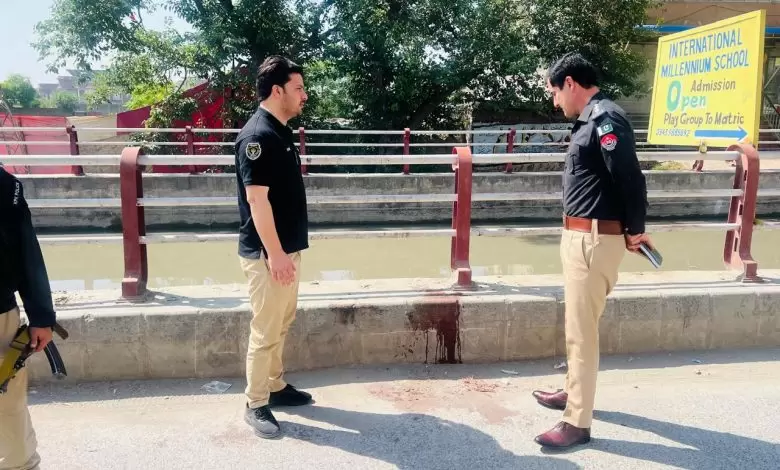
25 Apr, 2025
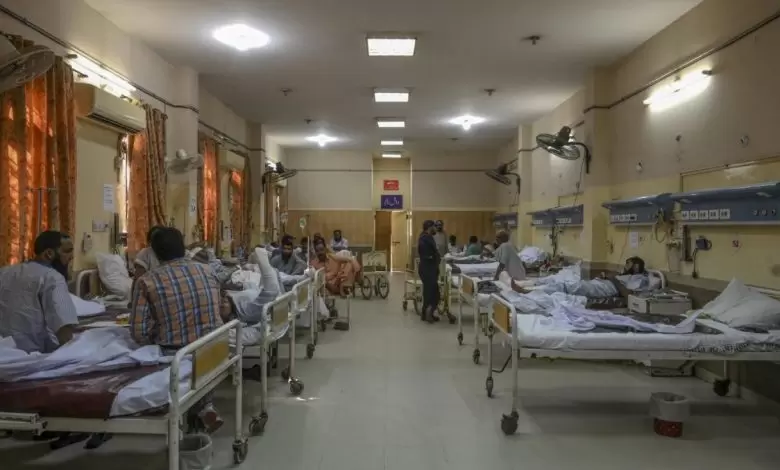
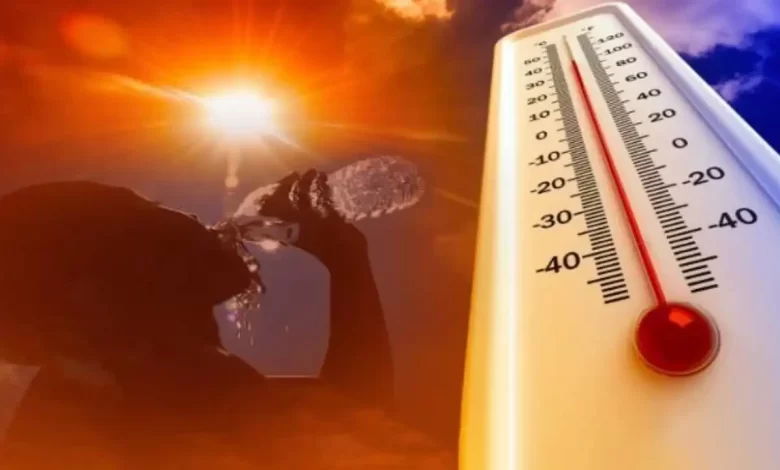
25 Apr, 2025
.jpeg)
